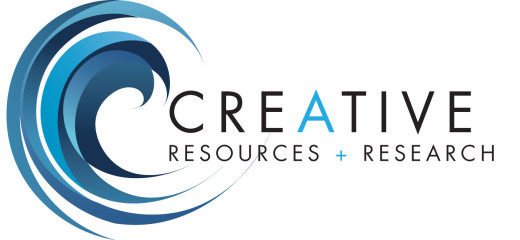The Difference Between Promising, Effective, and Evidence-Based Programs and Practices
Programs that aim to provide solutions to social problems are often evaluated to determine their effectiveness. These evaluations result in varying levels of evidence, starting from promising programs to evidence-based programs. Understanding the differences between promising, effective, and evidence-based programs is crucial when it comes to choosing programs that best fit the needs of a particular population.
Promising Programs
Promising programs are interventions that have some empirical evidence or logical basis but may not have undergone rigorous testing. The evidence supporting these programs may come from case studies, expert opinions, or reports of positive outcomes in low-quality studies. The What Works Clearinghouse (WWC) describes promising programs as those that have shown a positive effect on the subject of the research but have not met the standards to be rated as effective or evidence-based programs.
Effective Programs
Effective programs are those that have undergone rigorous evaluations, including randomized control trials, and have been proven to produce significant results consistently. These programs have been evaluated multiple times and found to have a positive impact on their targeted outcomes. They are interventions that have demonstrated significant improvements in the specific outcomes for which they are designed.
Evidence-Based Programs
Evidence-based programs are interventions that have been extensively evaluated and proven to produce desirable and replicable outcomes. The evidence of these programs comes from high-quality evaluations that use adequate samples, controlled settings, and valid measurements. The WWC defines evidence-based programs as those that have undergone at least one rigorous evaluation that meets their rigorous standards.
It is essential to note that different clearinghouses have different criteria for rating programs. For instance, some require that effective programs should be able to demonstrate effectiveness in different populations and settings, while others require that research designs be reliable, valid, and impartial. Therefore, this distinction will depend on the standards and guidelines that organizations use to grade programs.
It is also important to understand that these designations are designed to determine the degree to which a program or practice is likely to produce positive effects if it is replicated in other settings. They also help funders determine if a program is worthy of their investment.
You might be thinking, “But I know our program is effective! We have great results with our clients. It should definitely be on the list of evidence-based programs.” It is possible to have your own informal evidence that a practice has been effective by your own definition for the specific population you serve under the specific conditions you serve them based on data you have collected. In the language of evidence-based programs, though, your program would be considered a promising program, as described above. Formal research and the quality of that research will determine if it is truly evidence-based.
In conclusion
Promising, effective, and evidence-based programs represent different levels of effectiveness based on the evidence gathered from rigorous evaluations. Programs that have only shown potential are promising, while effective programs have considerably more robust evidence. Evidence-based programs have undergone the most stringent and comprehensive testing and have provable and replicable positive outcomes.


